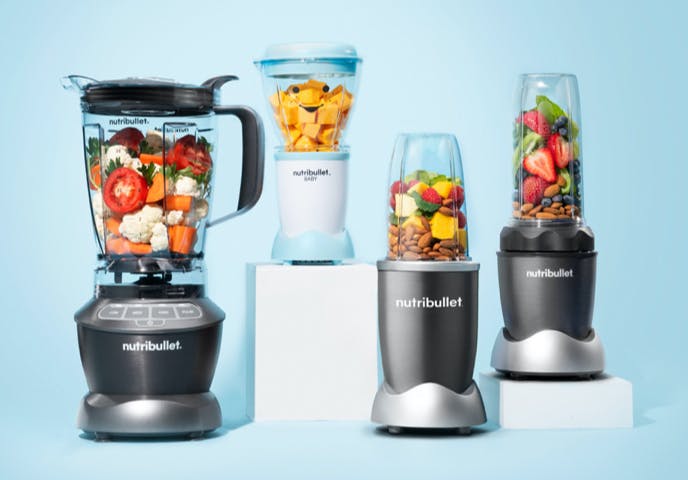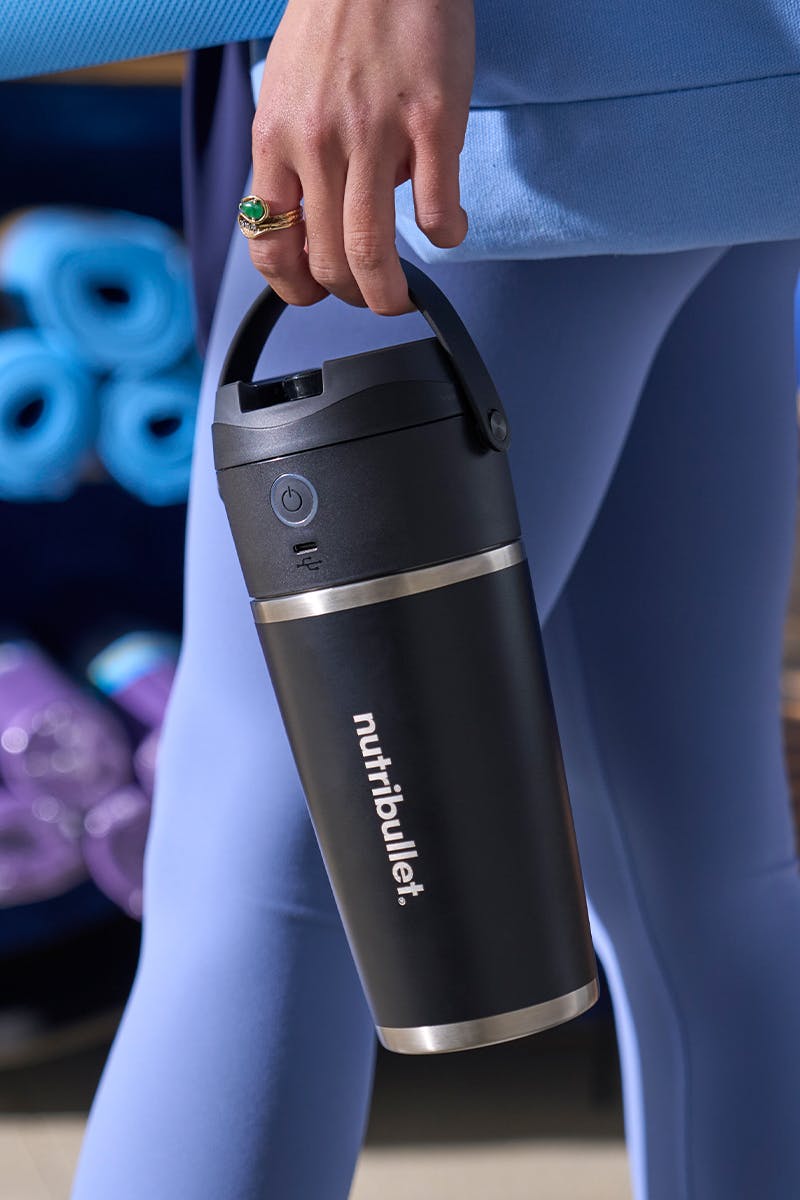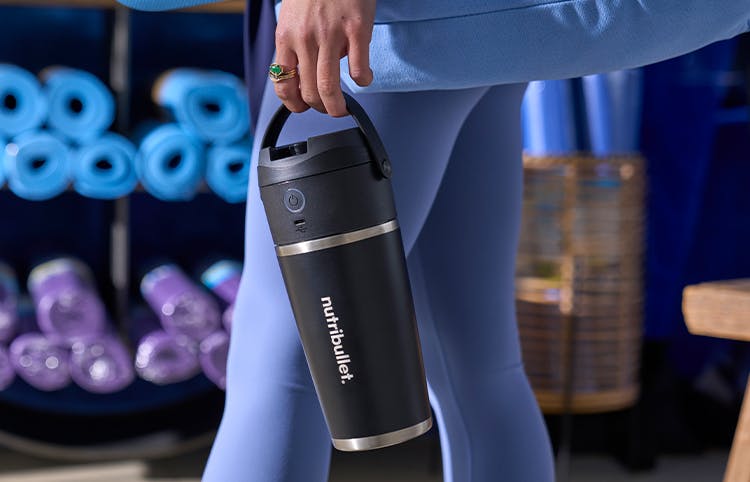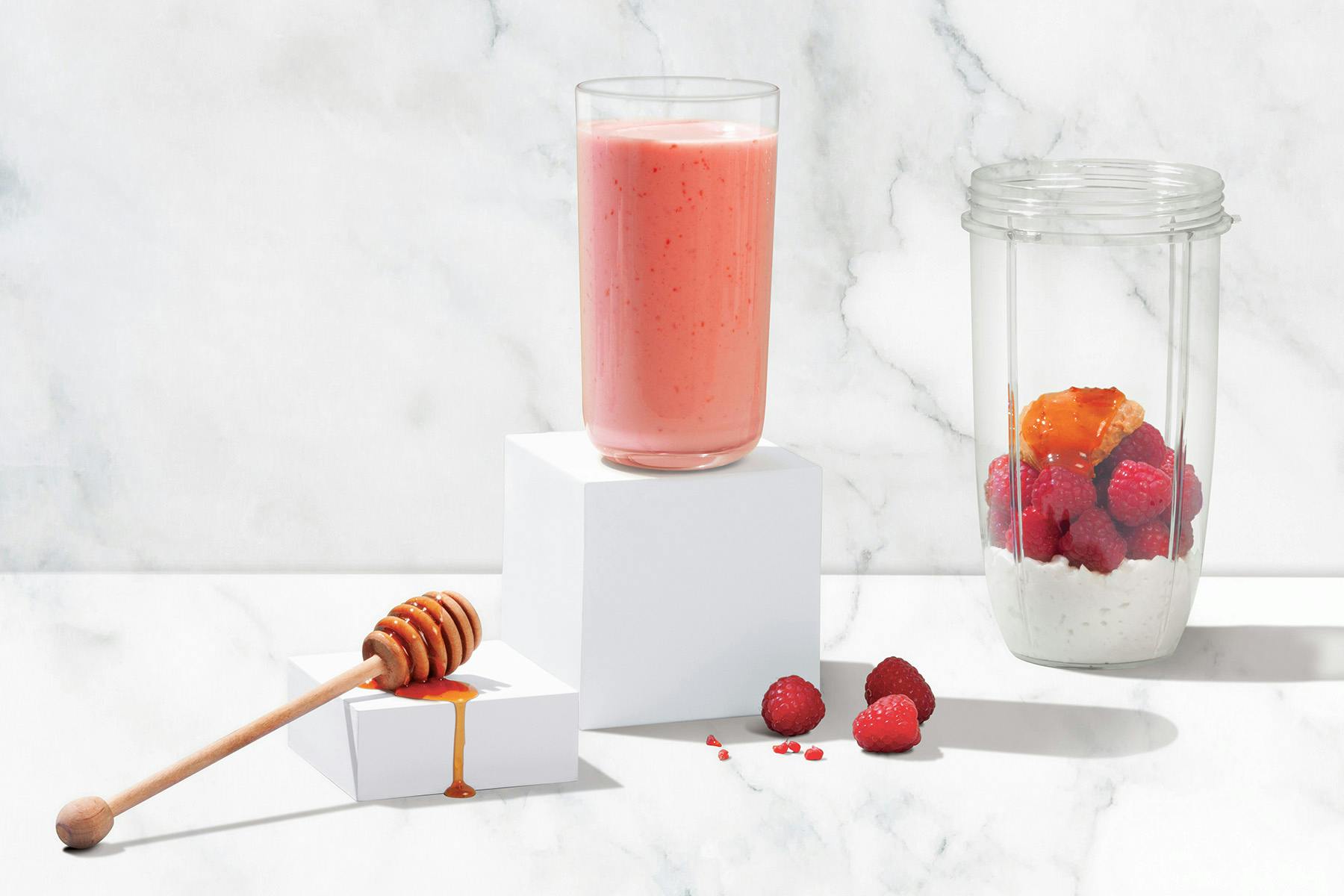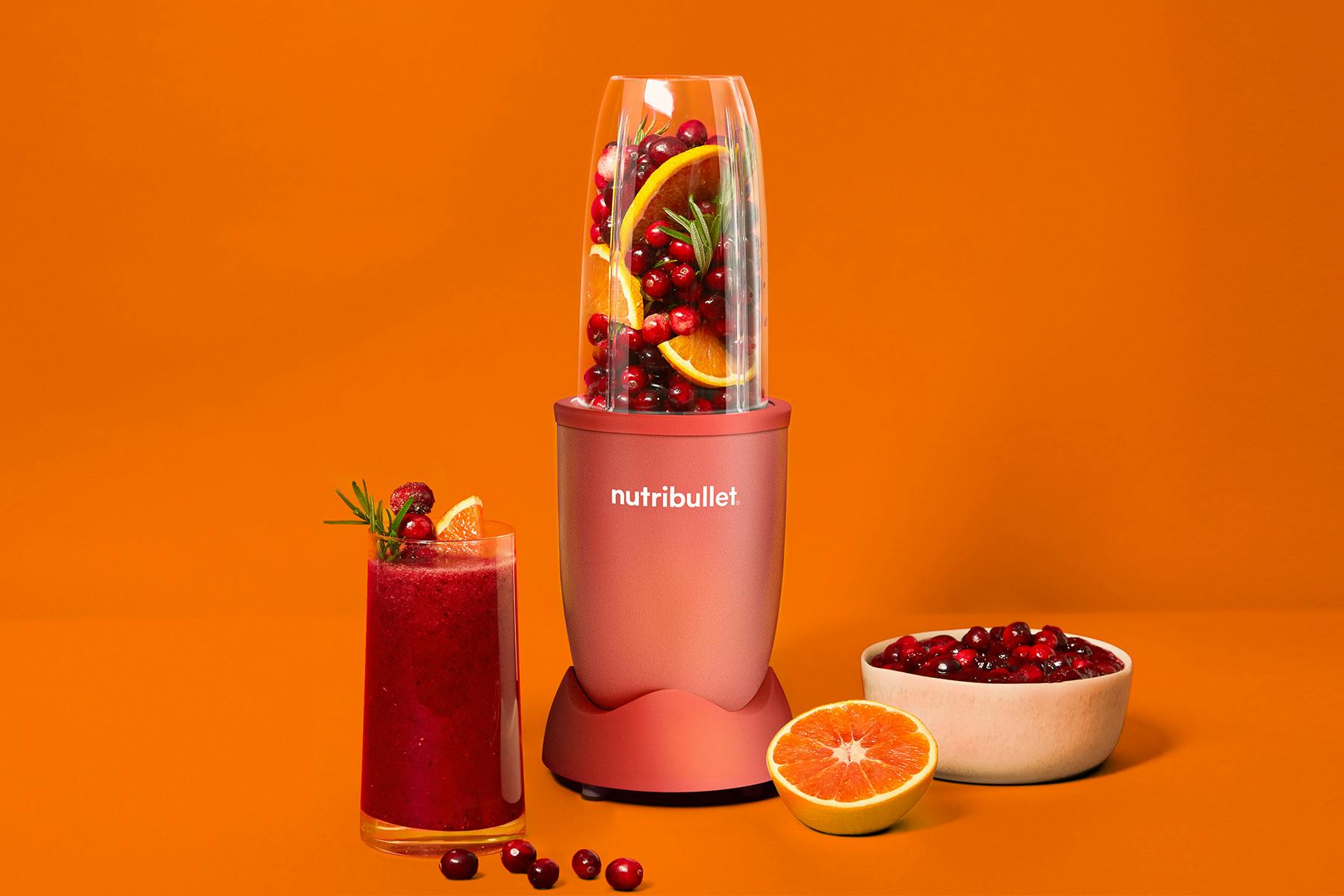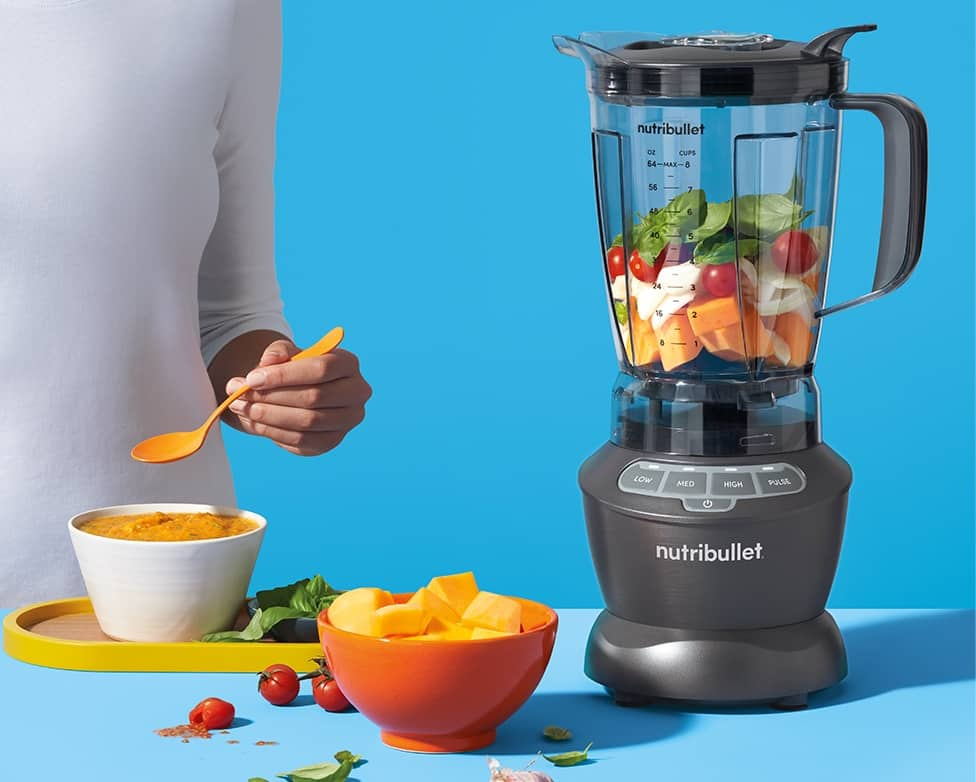When we think of protein, we often picture the usual suspects – chicken, pork, beef, seafood, eggs, and dairy products. However, there is another way to reap the benefits of protein: plant-based sources like legumes, nuts, and seeds. In fact, plant proteins are some of your best bets, offering additional beneficial nutrients, like fiber, vitamins, minerals, and healthy fats, while containing very little of the stuff we typically try to limit like cholesterol and saturated fat.
An edible seed, for example – think chia, hemp, flax, pumpkin, or sunflower – contains within it all of the nutrients it requires to grow and flourish. When we eat seeds, we benefit from that same concentrated source of nutrition. Nuts, too, are armed with antioxidant and anti-inflammatory properties. A large body of research has found that consumption of tree nuts – including almonds, cashews, walnuts, pecans, and peanuts (which actually fall in the legume family if we’re being particular) – is associated with reduced risk for heart disease, type 2 diabetes, metabolic syndrome, and some cancers. (1-3)
While all nuts and seeds offer a variety of health-promoting properties, each type contains its own particular nutritional benefits.
Here’s the scoop on a few of our favorites:
Almonds
There is no shortage of research indicating the health benefits of almonds. Over two decades of studies have shown that eating almonds can help maintain a healthy heart and good cholesterol levels, positively impact blood sugar levels, and promote satiety (the feeling of fullness).
Chia Seeds
With a mild flavor and heart-healthy omega 3 fatty acids, chia seeds are a favorite ingredient in many of our nutribullet® recipes. One serving is also a good source of fiber, calcium, phosphorus, and magnesium.
Flaxseeds
Aside from making a nutritious addition to smoothies and oatmeal, ground flaxseeds can also be used as a plant-based alternative to eggs in baked goods. For each egg you’d like to replace, combine one tablespoon of flaxseed meal with three tablespoons of water. Allow it to sit for about 5 minutes before adding to your baking mixture.
Sunflower Seeds
Sunflower seeds are a nutritional powerhouse, with 5g of protein and 14g of healthy fats per serving, plus fiber, vitamin E, niacin, folate, pantothenic acid, phosphorous, zinc, copper, manganese, and selenium. Whew. For a nut-free alternative to peanut butter, whip up this Super Seed Butter in your nutribullet® Triple Prep System food processor.
Walnuts
Known for containing omega-3 fatty acids, walnuts are especially good for your heart and for reducing inflammation.
When it comes to incorporating nuts and seeds into your diet, the sky’s the limit. Mix them into homemade granola bars, add to your smoothies, or simply eat them straight from the jar. If you haven’t made homemade nut or seed butter in your nutribullet® Blender Combo or nutribullet® Triple Prep System food processor, we can’t recommend it enough!
References
1. Chen GC, Zhang R, Martínez-González MA, Zhang ZL, Bonaccio M, van Dam RM, Qin LQ. Nut consumption in relation to all-cause and cause-specific mortality: a meta-analysis 18 prospective studies. Food & Function Journal. 2017 Nov 15;8(11):3893-3905. doi: 10.1039/c7fo00915a. PMID: 28875220.
2. Zhang D, Dai C, Zhou L, Li Y, Liu K, Deng YJ, Li N, Zheng Y, Hao Q, Yang S, Song D, Wu Y, Zhai Z, Cao S, Dai Z. Meta-analysis of the association between nut consumption and the risks of cancer incidence and cancer-specific mortality. Aging (Albany NY). 2020 Jun 2;12(11):10772-10794. doi: 10.18632/aging.103292. Epub 2020 Jun 2. PMID: 32487780; PMCID: PMC7346045.
3. Kim Y, Keogh JB, Clifton PM. Benefits of Nut Consumption on Insulin Resistance and Cardiovascular Risk Factors: Multiple Potential Mechanisms of Actions. Nutrients. 2017 Nov 22;9(11):1271. doi: 10.3390/nu9111271. PMID: 29165404; PMCID: PMC5707743.










